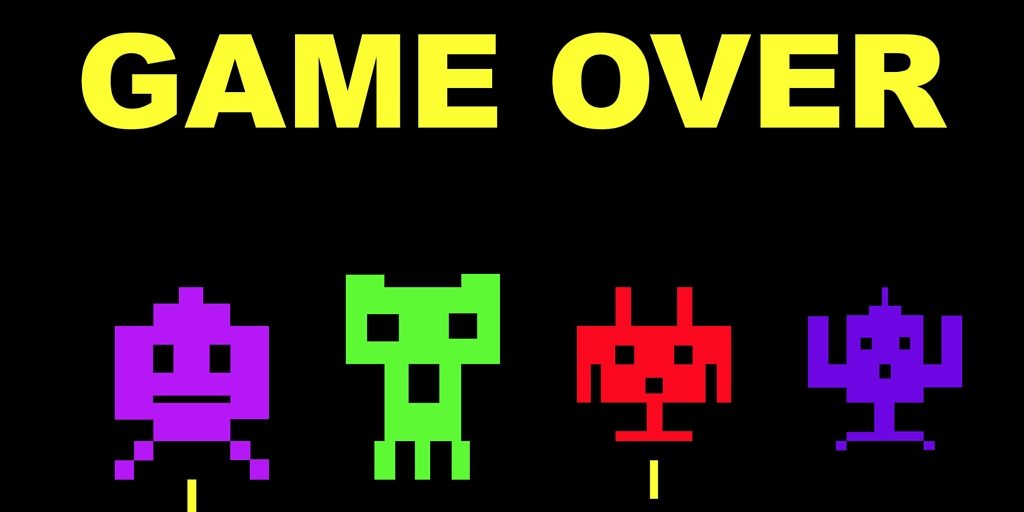 Video Game Lawsuits: From Tattoo to Taboo
Video Game Lawsuits: From Tattoo to Taboo
Earlier this year, video game developers took notice of a lawsuit by Solid Oak Sketches. Notably, Solid Oak Sketches claims to own the copyright to several tattoo designs featured in the game. The tattoos appear on NBA stars LeBron James, Kobe Bryant, Kenyon Martin, De Andre Jordan and Eric Bledsoe.
The lawsuit involves Take-Two Interactive Software and numerous other companies associated with the videogame NBA 2K16. Solid Oak Sketches claimed that unauthorized reproductions of tattoo designs in the video game infringed their copyrights.
A $20 Billion Dollar Industry by 2019
The video game industry in the US hit $23.5 billion last year. This is a 5% jump over 2014 according to the Entertainment Software Association. It’s an exciting time for the video game industry, with a growth forecast of 30% to $19.6 billion by 2019. With tremendous growth comes inevitable lawsuits, and most lawsuits against game developers arise from copyright infringement and plagiarism. Many of these lawsuits settle out of court. The unlucky few go to trial, and the subsequent court decisions have affected the video game industry as a whole.
In 2013 a lawsuit seeking payment for student- athletes was filed against E.A. Sports. This suit focused on the rights of college athletes, how their likeness is used in video games, and whether they should be paid. Even though EA followed the rules set in place by the N.C.A.A, they were still at risk. Ultimately they decided to suspend one of the most successful video game franchises in history.
How to Manage Risk and Avoid Video Game Lawsuits
Short of turning every video game character into a gender-neutral stick figure or child-like shape, (“Watch Terry the Triangle make this killer slam dunk!”) what’s a video game developer to do? The good news is that although the game development industry is rife with unexpected lawsuits, there is affordable legal protection available to accurately gauge and manage risk. It’s easy for the excitement over a project to blind a video game developer to the exposure in its product, whether it’s an unlicensed likeness, a tattoo design, or even unintended defamation in the script..
An experienced entertainment clearance house is an invaluable strategic partner for developers as the video game industry learns and adapts from the shifting legal landscape. Clearance related lawsuits are targeting the industry more and more often. Game developers can anticipate and manage risk. It is a fatal mistake to bypass engaging with game clearance procedures before a game’s public release. With the game industry constantly changing at breakneck speed, game development and software companies must test all assumptions as early in the project as possible, and that includes everything down to a butterfly on a bicep.

